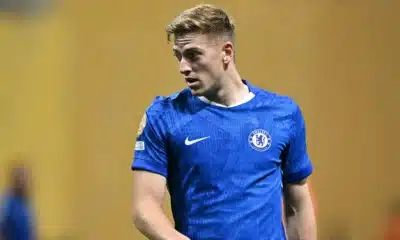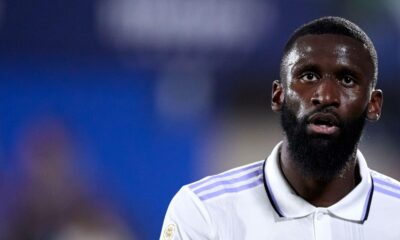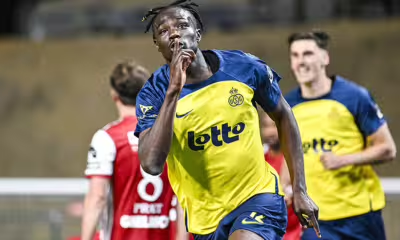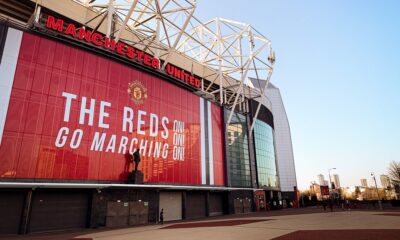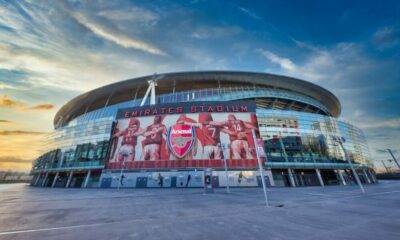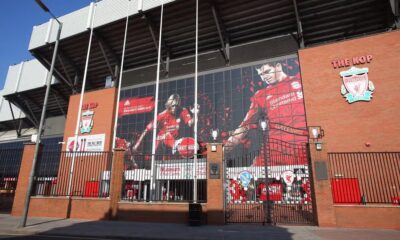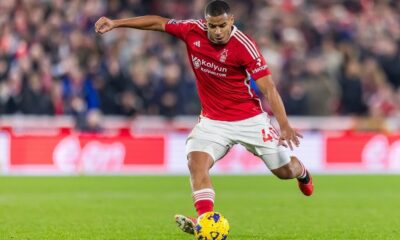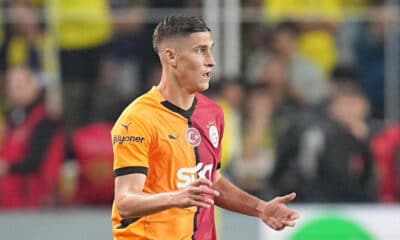Liverpool
Stop Look, Listen To Your Head…
A delve into the history of John W. Henry the new owner of Liverpool football club and perhaps an insight into the future.
John William Henry II, born 1949 and raised in Adams County on the far west reach of Illinois, was not destined for business from Youth. Born to farmers, Henry had neither interest nor physical state (he suffered from severe asthma) to follow in his parents footsteps, instead he toured with rock and rolls bands after a brief stint as a philosophy major.
After contemplating his future, he left his happy-go-lucky lifestyle behind and branched back into agriculture, Henry started trading corn and soybean futures, to learn the basics of hedging the price risk of holding an inventory of these commodities, whether in storage or out in the field. As the 1970’s began to wane Henry- Who now had a wife called Mai, began to get more involved in financial trade and by 1981, he established his breakthrough company John W. Henry & Company, Inc, which became an investment firm, specializing in the futures market.
But that’s all boring, what Liverpool and football fans want to know- or should want to know, instead of basking Henry in a glow of sanctity- is how does he run his sports teams?
After a 3 year adventure as the sole owner of the Florida Marlins, he led a takeover of the Boston Red Sox in 2002 and hasn’t looked back since. For the better part of the 20th century, fans of the Red Sox were disillusioned with the club after failing to win a world series after 1918. Although a longer time period, the situation mirrored that of Liverpool FC.
Liverpool soon developed a culture of nearly-runs and hoped that a takeover in 2007 by Henry’s compatriot’s Tom Hicks and George Gillette would spark a revival. Because an apparent lack of commitment and a build up of debt, Hicks & Gillette soon came under intense scrutiny and eventually became detached from the institution because of fans disillusionment.
Henry deserves praise, if his commitment during the acquisition of Liverpool is anything to go by, then he would certainly be heavily involved. He needs some praise for taking interest in a club that had been engrossed in off-pitch turmoil that was starting to overwhelm the on pitch performance. Liverpool in September 2010 was untouchable as a business. At any moment, he could have walked away. But therein lies Henry’s true aspiration, he respects Liverpool not as a business, though a shrewd businessman he is, but as an institution, as source of solace for so many, as a football club.
Liverpool fans are right though, he has a more reliable record than Hicks and Gillette, and he spent $70 million on a contract for baseball star J.D Drew at the Red Sox. But Henry a free market capitalist knows that the when the good times are good, they’re good but when they’re bad…
Drew was signed during the height of the Global Economic Boom of 2007, in the mean time, the world has suffered much economic turbulence since then and Henry is certainly not immune. His company John W. Henry & Company, Inc, lost $400 million in December 2008 alone, a lot for a company worth $3.1 billion.
You can see why, with the mirroring situations, Liverpool fans feel a certain sense of empathy about the Red Sox. While Henry finally brought the Red Sox the success they craved (World Series victories in 2004 and 2007), some people hold the theory that lightning doesn’t strike twice.
One of the main reasons Hicks & Gillette became so unsuccessful at Liverpool is because of a lack of commitment. Like Henry they owned numerous sports franchises in America, and while staying emotionally committed is difficult to numerous teams, keeping financially devoted is even more difficult. Furthermore, Hicks & Gillette merely owned Hockey teams whereas Henry owns one of the most important Baseball teams in America, like Liverpool, it is more than a financial organization, it is an institution and is followed almost religiously by millions.
Such emotional and financial investment on both fronts would not be a task that endeared to me. But unlike me, Henry is not a football fan. Henry is like a shark, true he can succeed in the deeps of the treacherous oceans, but put him in a lake, despite being in with smaller fish, cannot survive.
Another aspect on which he has been commended by Liverpool fans is that he sits with the fans. This though is something which cannot be an index or measure for a successful approach. Mike Ashley, the current owner of Newcastle United was praised at first for his approach but fans soon became alienated and disenchanted by his overly-informal approach, this subsequently led to Newcastle’s relegation from the Premier League- in which they had been so competitive for so long before Ashley.
And while I believe that the Henry has a substantial record of business & sporting success alike, the gentle and unseasoned Henry has entered an entirely new ball game (excuse the pun) with Football (or soccer as our trans-Atlantic cousins would say). His difficulty will be in combining, and finding a balance between business acumen and astute sporting management.




